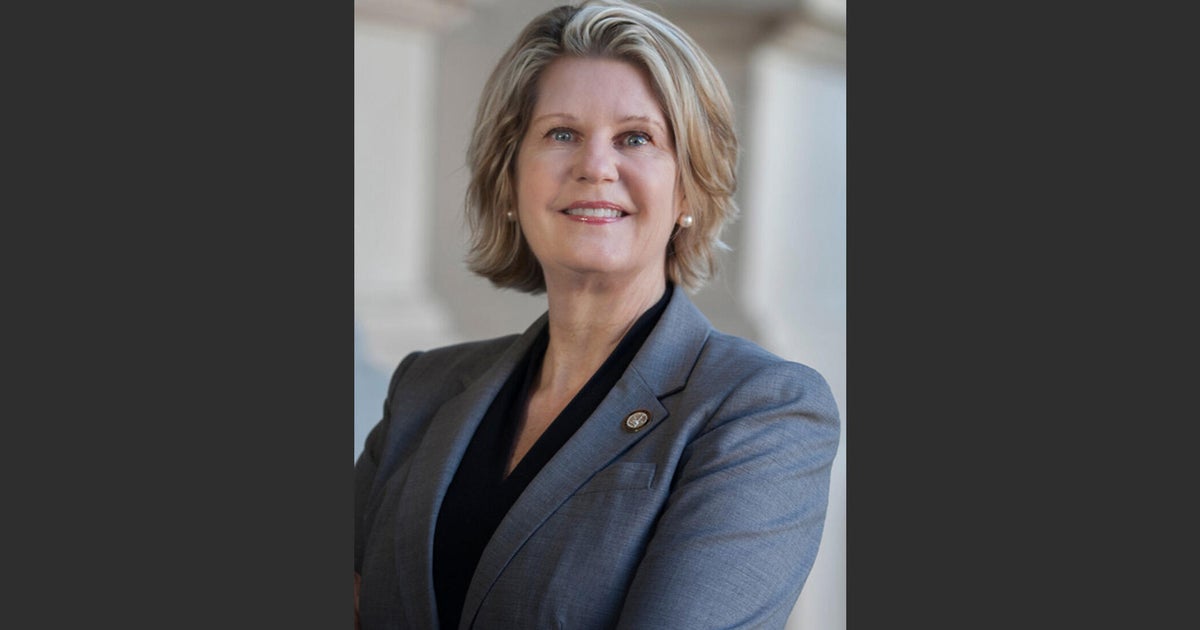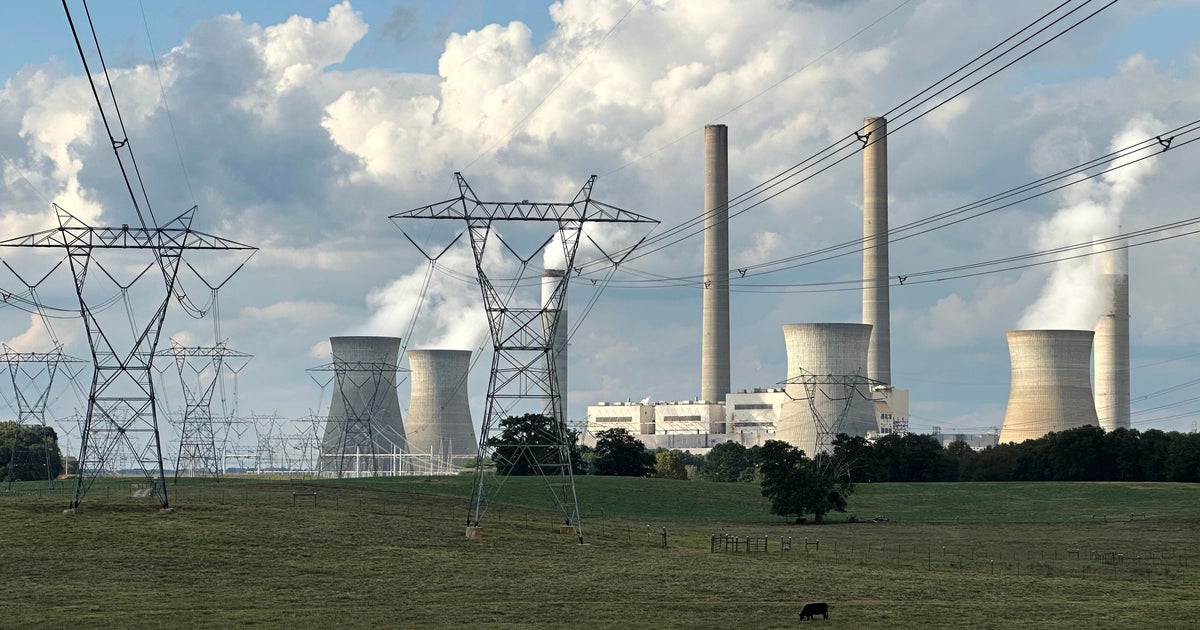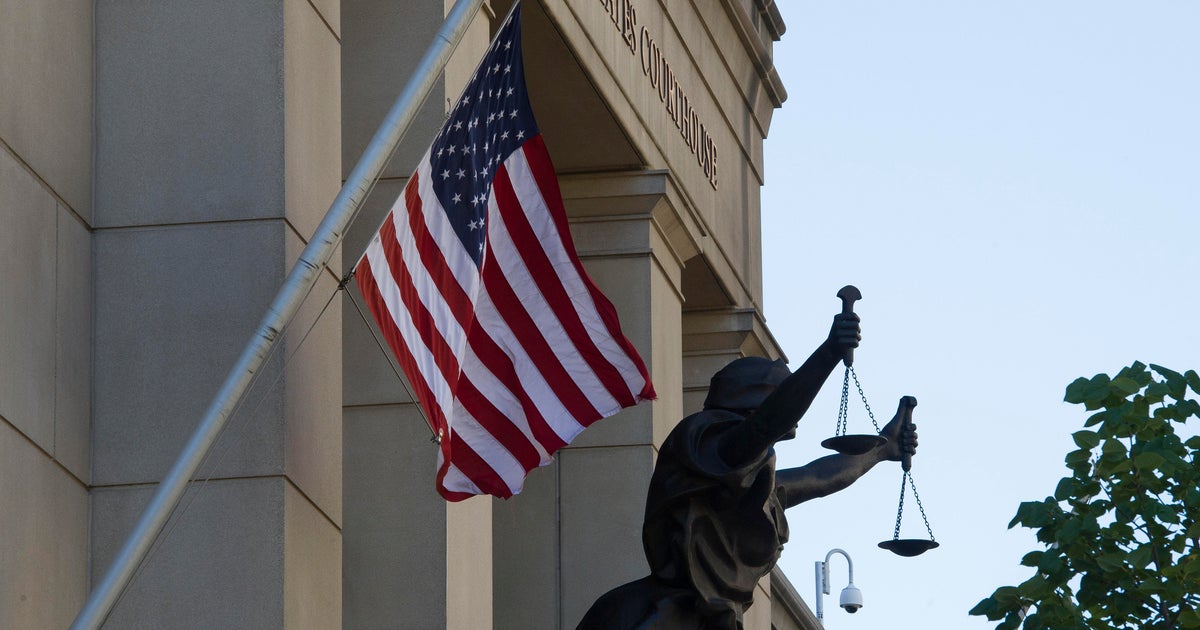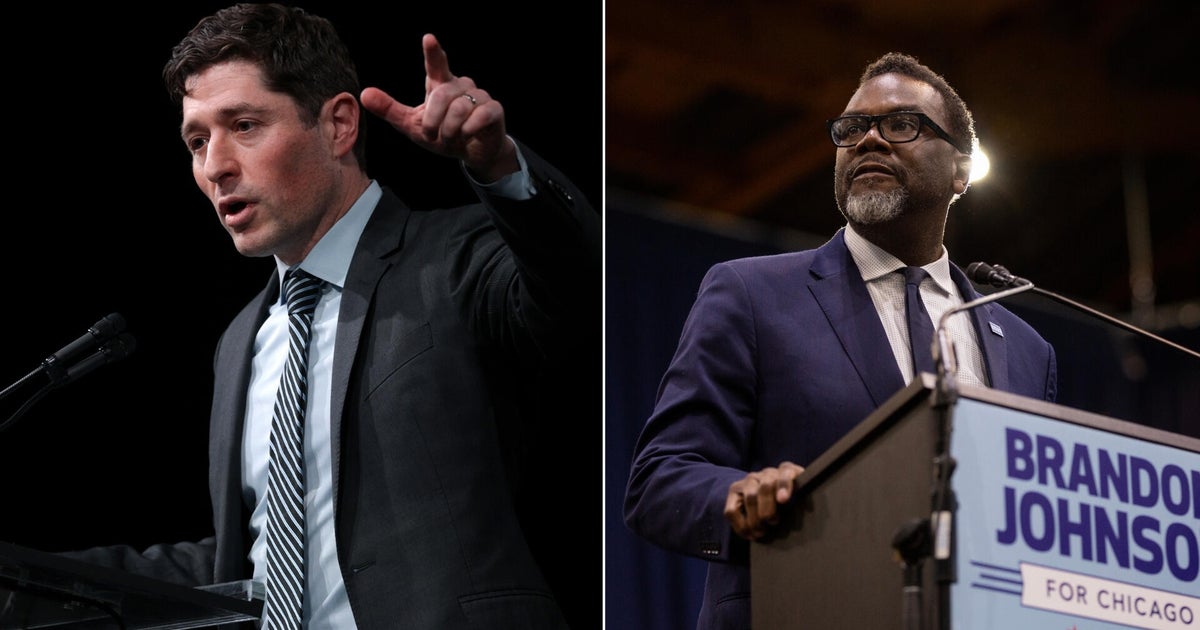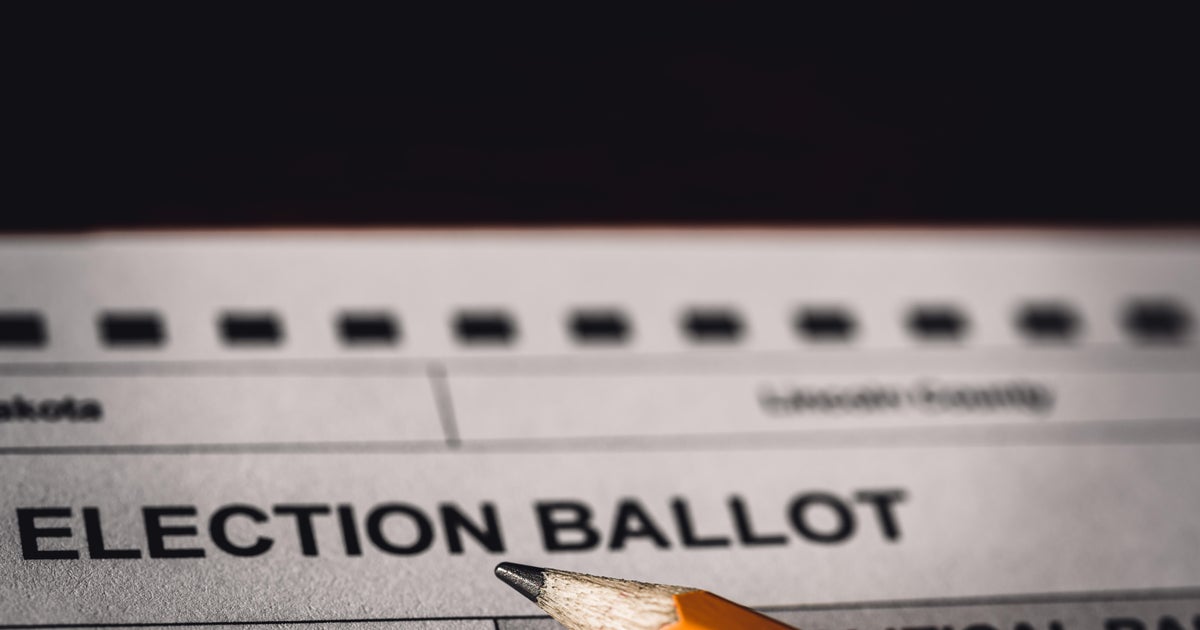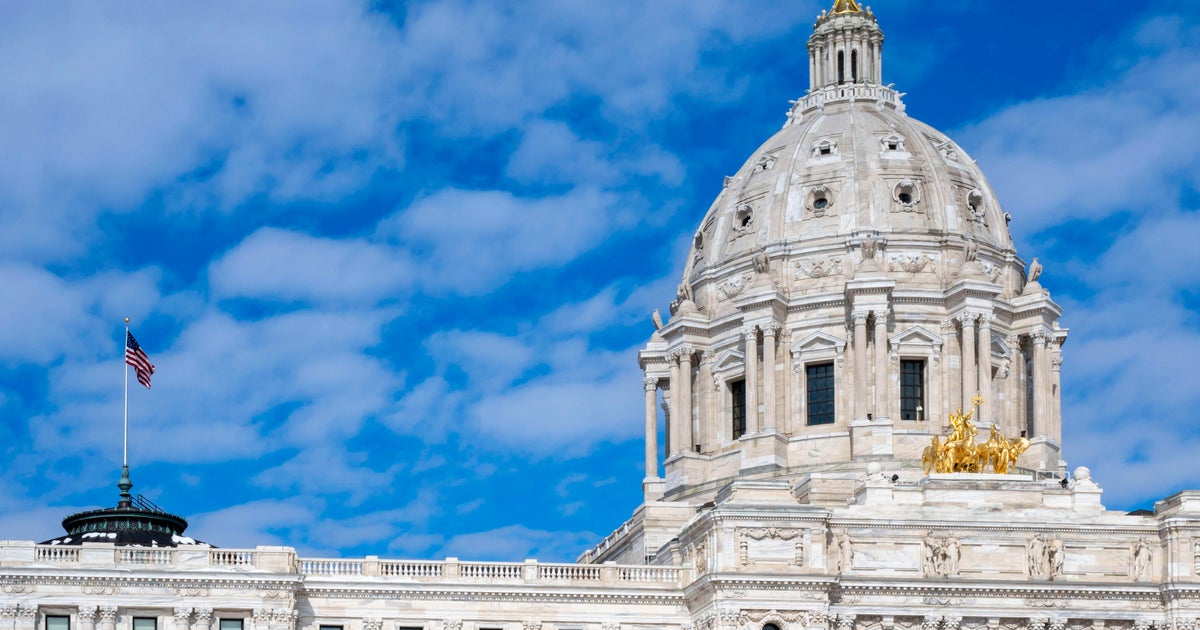Super Tuesday Preview: Romney Hopes To Regain Front-Runner Status
Mitt Romney hopes to regain the mantle of inevitability Tuesday as Republicans in 10 states will go to the polls to select a nominee to challenge President Barack Obama in November.
Although nearly two months have passed since former Pennsylvania Senator shocked the GOP establishment with his upset victory in the Iowa caucuses, only 353 delegates have been awarded to date. By contrast, 422 delegates are at stake tomorrow.
Two candidates are expected to easily win contests in their home states.
Former House Speaker Newt Gingrich leads polls in his native state of Georgia—the night's biggest prize with 76 delegates. And in Massachusetts, former Governor Mitt Romney should cruise to victory and the lion's share of its 41 delegates.
Ohio is shaping up as the state to watch, with polls showing a too-close-to-call race between Romney and Santorum. A Santorum win becomes complicated because of the way delegates are awarded in the Buckeye State. Having failed to qualify for the ballot in parts of the state, Santorum is ineligible to win 16 of the state's 66 delegates. Santorum currently holds a narrow lead in most polls, but the former Pennsylvania senator could still miss out on many of the state's delegates.
Ohio awards 15 at-large delegates to the statewide winner, but voters will also select delegates by congressional district. Santorum, whose campaign struggled early on, failed to qualify for the ballot in some of the state's districts, making him ineligible to win those delegates, even if he wins the statewide vote count.
Santorum's early organizing woes could also hurt him in delegate-rich Virginia, where only Romney and Texas Congressman Ron Paul will appear on the ballot.
With 1,444 delegates needed to secure the nomination at the Republican Convention in Tampa this August, Romney holds a significant lead in the delegate count. With wins last week in the Arizona and Michigan primaries, as well as caucuses in Washington State and Wyoming, Romney currently controls 203 delegates to Santorum's 92. Gingrich follows a distant third with 33 delegates and Paul, the only remaining candidate yet to win a state, holds 25 delegates.
Former Utah Governor and Ambassador to China Jon Huntsmann, who has endorsed Romney but drew fire last week for suggesting the need for a third-party, holds 2 delegates, despite withdrawing from the race in mid-January.
At one point, Romney's nomination seemed all but inevitable, but after Santorum's surprise win in Iowa and Gingrich's victory in South Carolina, the race has remained in a near-constant state of flux. Gingrich's campaign, written off as dead by more than one pundit on several occasions, has shown a resiliency not usually seen in presidential campaigns. Both Gingrich and Santorum have argued that the other's presence waters down opposition to Romney, and each is hoping to knock the other from the race with strong Super Tuesday showings.
Super Tuesday is seen as a major turning point in the race; up to this point, candidates have been able to compete in one or two states at a time. Super Tuesday is seen as a test not only of a candidate's message, but of his ability to raise money and field a campaign team across a much wider cross-section of the country. With elections being held in Alaska, Georgia, Idaho, Massachusetts, North Dakota, Ohio, Oklahoma, Tennessee, Virginia and Vermont, Romney's fundraising advantage and superior campaign operation could be the difference that gives him the ability to reclaim his front-runner status and move confidently towards the nomination.
